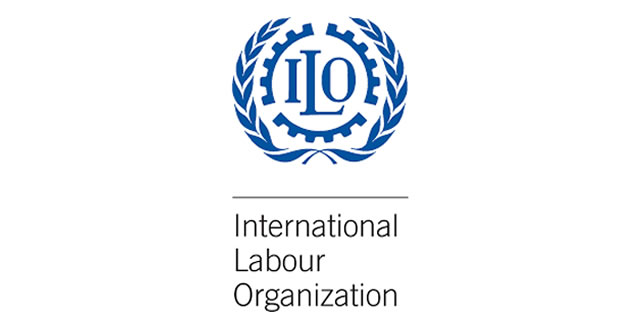The International Labour Organisation (ILO) advocates for a systemic approach to address the persistent issue of poor working conditions within global supply chains, emphasizing the vulnerability of lower-tier suppliers, particularly Micro, Small, and Medium-sized Enterprises (MSMEs). These smaller enterprises often face systemic obstacles that hinder their ability to improve working conditions and expand their businesses. These barriers include limited access to financial resources, inadequate infrastructure, and weak enforcement of labor laws. While larger, first-tier suppliers often benefit from direct relationships with buyers and possess the resources to comply with regulations, MSMEs deeper in the supply chain struggle to meet these standards, perpetuating a cycle of poor working conditions and limited growth potential.
The ILO’s proposed systems approach aims to identify and address the root causes of these systemic bottlenecks. This involves a collaborative effort between governments, employers’ organizations, and worker groups to develop targeted interventions that foster sustainable improvements. The approach emphasizes not just compliance with regulations, but also enhancing MSME competitiveness and promoting decent work. By focusing on long-lasting solutions, the ILO aims to create an environment where MSMEs can thrive, offering better wages, improved workplace safety, and enhanced overall job quality. This, in turn, strengthens the entire supply chain, fostering economic growth and social progress.
The core of the ILO’s argument lies in the understanding that simply imposing standards without addressing the underlying systemic issues will not lead to sustainable change. MSMEs often lack the capacity to meet stricter supply chain requirements related to quality, sustainability, and compliance without support. The systems approach, therefore, seeks to empower these enterprises by providing them with the tools and resources they need to improve their operations. This might involve facilitating access to finance, strengthening infrastructure, and promoting fairer labor practices through effective enforcement of regulations. By creating a more supportive ecosystem, the ILO believes that MSMEs can unlock new opportunities and contribute meaningfully to global supply chains.
Furthermore, the ILO emphasizes the importance of collaboration among all stakeholders. Governments have a crucial role to play in creating a conducive regulatory environment and ensuring effective enforcement of labor laws. Employers’ organizations can contribute by promoting best practices and supporting their members in implementing sustainable improvements. Worker groups are essential in advocating for decent work and ensuring that the voices of those most affected by poor working conditions are heard. This collaborative approach fosters a sense of shared responsibility and ensures that interventions are aligned with the needs of all parties involved.
The benefits of adopting a systems approach extend beyond individual MSMEs. By improving working conditions and promoting sustainable practices, the entire supply chain becomes more resilient and efficient. This leads to increased productivity, higher quality products, and enhanced brand reputation for businesses. Consumers also benefit from ethically sourced goods produced under decent working conditions. Moreover, by addressing the root causes of poverty and inequality, the systems approach contributes to broader social and economic development, promoting inclusive growth and creating a more just and equitable global economy.
In conclusion, the ILO’s call for a systems approach represents a paradigm shift in how we address labor issues in global supply chains. It moves beyond simply imposing standards and focuses on building a more sustainable and equitable ecosystem that empowers MSMEs. By addressing the root causes of poor working conditions, the ILO aims to unlock the full potential of these enterprises, creating decent work opportunities, promoting inclusive growth, and fostering more resilient and responsible global supply chains. This long-term, holistic approach recognizes the interconnectedness of various factors and emphasizes the need for collaboration among all stakeholders to achieve sustainable change. The ultimate goal is not just compliance, but the creation of a system where decent work is the norm, and where all actors in the supply chain, including MSMEs, can thrive.














